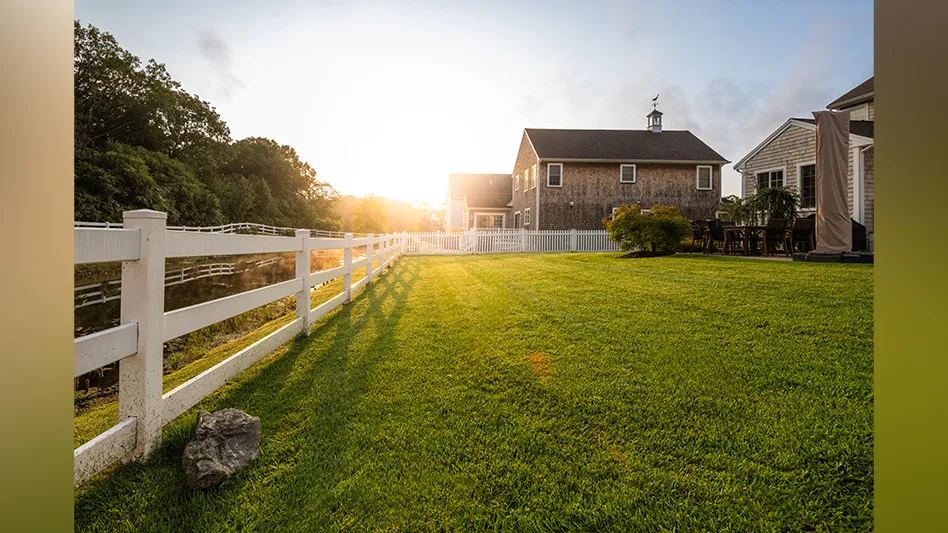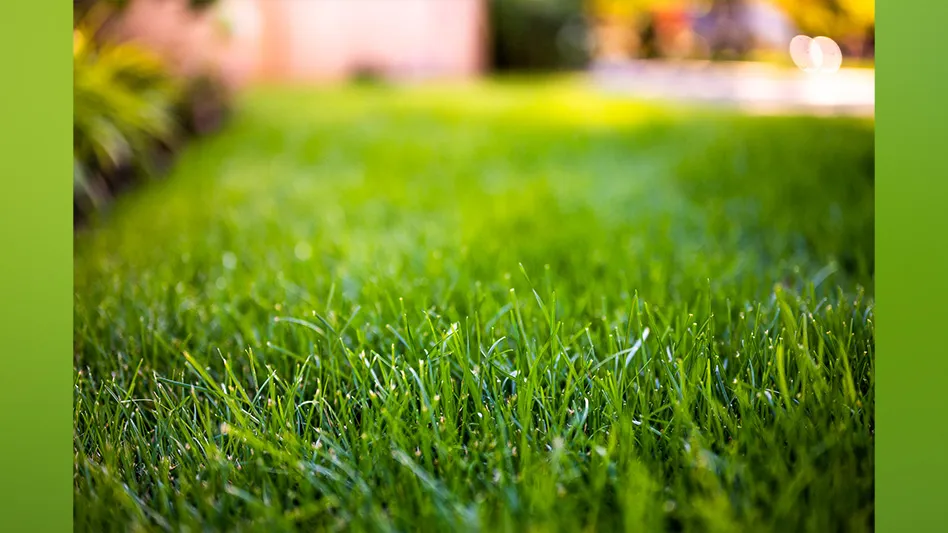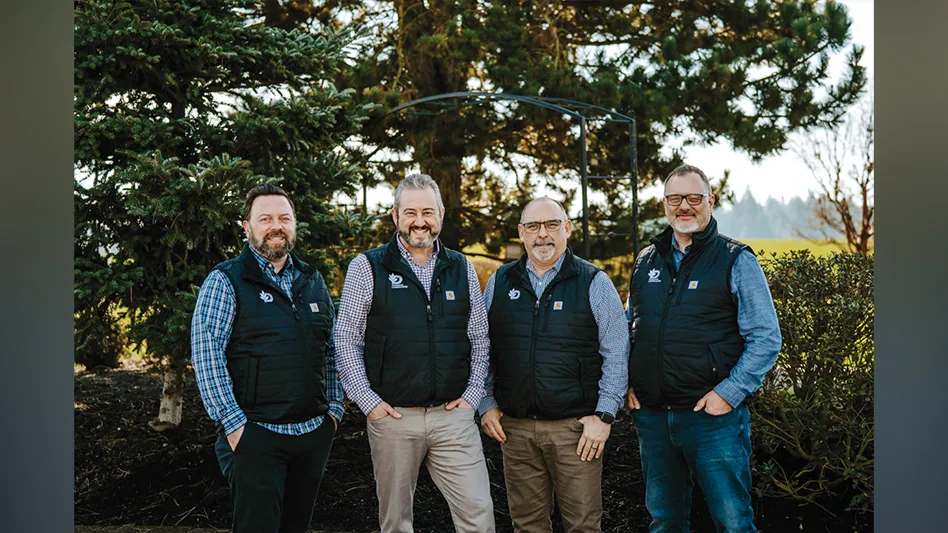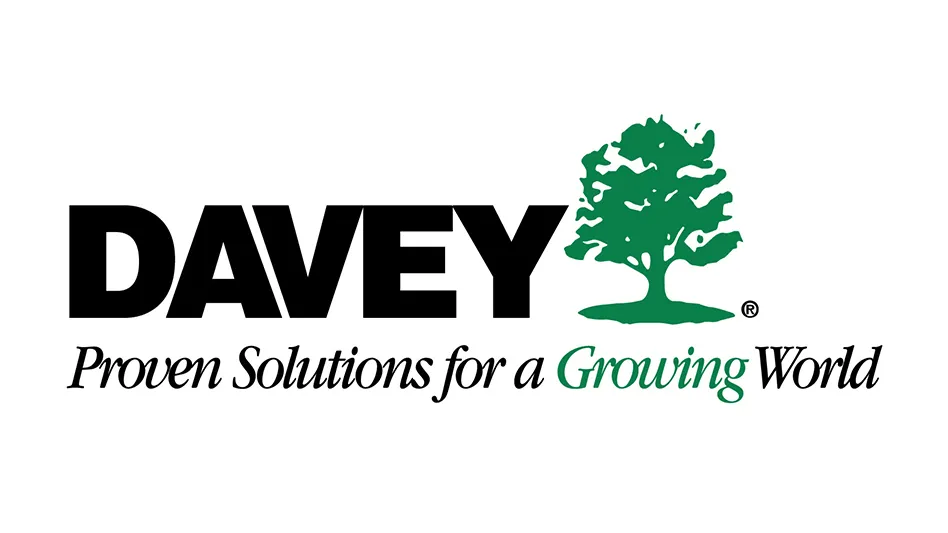It seems easy enough to add-on organic lawn care to your list of services. You just find some products, throw them on the lawn and voila, the job is done, and you can walk away feeling like you’ve helped the environment.
But that’s not the case according to Tom Kelly, founder and vice president of Natural Technologies – Home of Bee Safe Organic Lawn Care and FireBelly Organics in New Hampshire.
“Immediately you have to understand that it’s not just a product substitution, Kelly says. That’s where a lot of companies have gone wrong. Without soil biology, natural fertilizers won’t work. When you think it’s just a product substitution, it’s destined to fail. You have to address soil biology, which you guys are calling bionutrition.”
That’s one lesson Kelly stresses to those who join his network, which provides a step-by-step program on how to perform organic lawn care.
Kelly says it takes education because this is a new type of organic lawn care.
“This isn’t old fashioned organics where you are applying natural granular fertilizers,” he says. “You do need a firm understanding of the soil food web and the way that microorganisms kind of work together to fix nitrogen and solubilize phosphorus. It’s not as easy as we wish it would have been.”
Kelly also advises LCOs who wants to introduce organics into their company to not remove synthetic chemicals from their services.
“That’s a mistake a lot of companies make,” Kelly says. “We can all feel good about the things we are trying to do to reduce our chemical inputs. But you have to make good business sense and you have to do what the customer wants you to do. If you have a customer on your organic program who says ‘I’m going to cancel if you don’t come out and spray these weeds with (a synthetic chemical),' guess what you have to do? You have to spray with (the chemical). Becoming a little too hardcore is never good for business.”
Kelly says he doesn’t understand why there seems to be a rift between people who use synthetic chemicals compared to those who use organics.
“We’re all in the same boat,” he says. “We are trying to make the grass look good and make money.”
Kelly says the companies that don’t adapt to using more organic based products will be left behind because the ideas and practices are becoming more popular.
“It’s not hippies fighting the power and saying no more pesticides," he says. “It is mainstream and it is being embraced.”
Not so fast
Switching to organics isn’t as simple as some LCOs might think.





